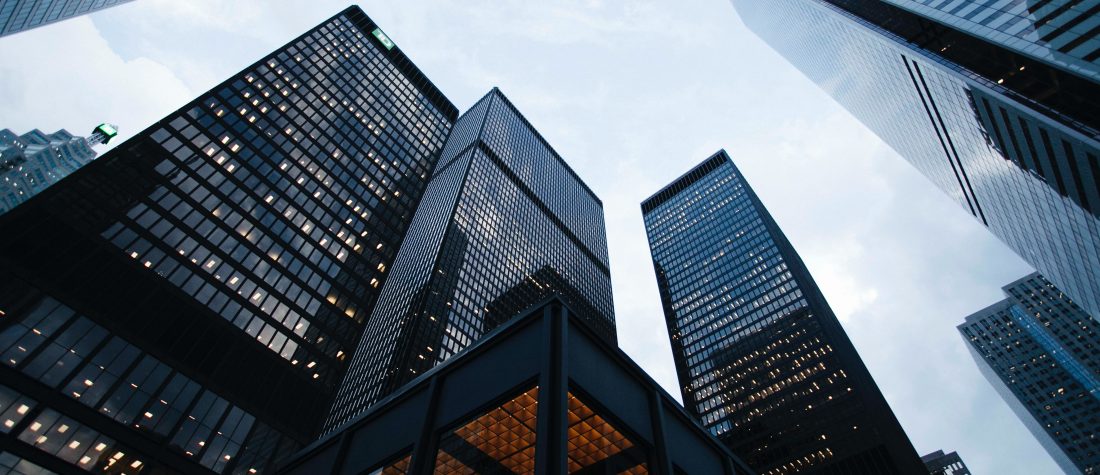I can still remember my first office. David Cameron, my boss, had the cubicle next door and shouted a lot. Further along was Laura Adshead, once David’s girlfriend, later a nun. Down the hall, Alistair Cooke, now a member of the House of Lords, bizarrely, presided over pamphlet publishing. Andrew Lansley, the proprietor of the Conservative Research Department, of which I was the most junior member, had an office down the hall. I loved the location in Smith Square, which had a mulberry tree where you could pick fruit and eat it on the way to work in the morning. The building was later bought by the European Union, which I always assumed had been a deliberate act of revenge. It was a strange group of people, but my first real community of like-minded individuals. I met some of my best friends and still remember it all fondly.
Which is perhaps why I am reluctant to accept the death of the office. For my working life has in some strange way been a succession of offices, of physical spaces inhabited by different collections of individuals, each of which has given a character to the years that I spent there. Frank Johnson, the best-educated man I ever met and one of the nicest, presiding over the double-sided editors desk at The Spectator in Doughty Street, refusing to speak to Kimberley Fortier, the publisher, while I crouched over my desk in a garret upstairs. Standing in the newsroom of the Daily Mail in Derry Street, watching the plane hit the second of the Twin Towers and discussing with Paul Dacre, unusually unshouty, how our world had changed. Wandering into Freuds, past the boast wall with its Banksy, Hirst and First Folio, to see what strange piece of overpriced but somehow satisfying furniture Matthew had invested in at that weekend’s auction. Emerging from Schroders at midnight in the Nineties to pick a cab from the queue that waited on Cheapside to take bankers like me home to west London. Climbing a dingy stairway above a restaurant on Westbourne Grove to go to work at the Week, where a coterie of London’s most interesting eccentrics had been collected by Jon Connell to produce his groundbreaking magazine.
For all the comforts of working from home, offices have always fostered vital communities of like-minded people who spark the sharpest ideas
Now I preside over my own office in St Paul’s, usually home to 200 souls and which for most of the last year has either been empty or the refuge for a few hardy Covid-challenging individuals cowering behind plastic screens. And I’m faced with the question: do we need an office at all? Many businesses, and some other communications firms, have abandoned their offices, and opted for a truly virtual existence. A few were motivated by conviction, others by the money saved, but are they right? Or does Goldman Sachs, where that lost Cheapside ethos still prevails and toiling bankers have been driven back to their desks, hold the key to the future of our working lives?
Instinctif has opted, like many businesses, for a holding pattern, a halfway house, a hybrid alternative. Come to work three days a week, we have told our teams, and let’s see how that plays out. I know I am often less efficient at home, but most of all I believe we are less interesting, less creative for our clients when we don’t meet in person. Creative businesses like Instinctif, which is a communications company with a wide range of practices, work best when innovating for clients. Not having to commute, we might work a longer day in our home offices, but we lose out on the social and intellectual exchanges that make office life both fun and effective.
The Conservative Research Department, dysfunctional though it may have been, led for better or worse to the Cameron ascendency. Paul Dacre’s Daily Mail was scarily influential. Frank Johnson’s Spectator and Jon Connell’s Week were both, in their different ways, deeply disruptive of the journalistic status quo. None would have happened in quite the same way if we’d all been working separately in our local coffee shops and communicating on Teams. So I don’t believe that my nostalgia for the office is a sad, sub-David Brent fantasy. I believe it’s still a vision of our working future, be that a hybrid or partly office-based one.
Ed Amory is managing director of Instinctif Partners.


